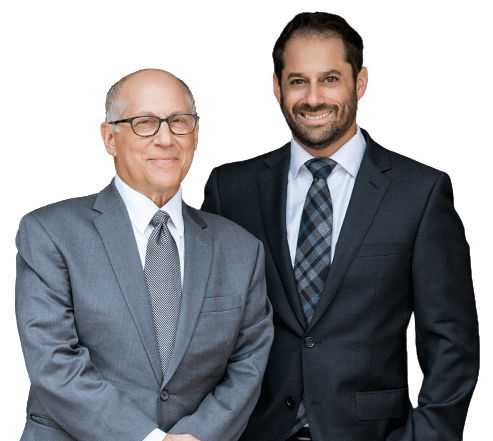When you apply for Social Security Disability (“SSD”) benefits, you are required to submit various documents, and some of the most important documents are medical evidence regarding your condition or disability.
The reason for submitting medical evidence is that the Social Security Administration (“SSA”) reviews the information to see if you are unable to work.
You do not have to wait until you have all your medical evidence ready to submit your application for SSD benefits. Doing so will only delay the process. You can work on gathering and submitting your evidence while your application is processing.
What is medical evidence?
Medical evidence includes any medical records, doctor’s reports or recent test results involving your disability.
If you have copies of these, submit them to the SSA with your application or as soon as you receive them.
There may be records you do not have but want the SSA to review. In that case, Provide the SSA with the names of the doctors, hospitals or other medical sources that have the records and the SSA can request them.
It is important to provide the SSA with enough medical evidence to show that your disability prevents or limits you from working, to increase your chance of qualifying for SSD benefits. Sometimes SSD claims are denied because there is not enough medical evidence to determine if the condition qualifies as a disability.
Evidence can also come from you
In addition to submitting your medical evidence, you will likely be asked several questions about your disability.
Be prepared to provide detailed information about when your illness, injury or condition began, the results of any medical tests and information on any treatment you received. You should also be ready to explain exactly how your disability limits your activities, specifically, your ability to work.
Many SSD determinations are based on the sufficiency of any medical evidence provided. Having someone help you gather your evidence and advise you through the process can make a huge difference.

